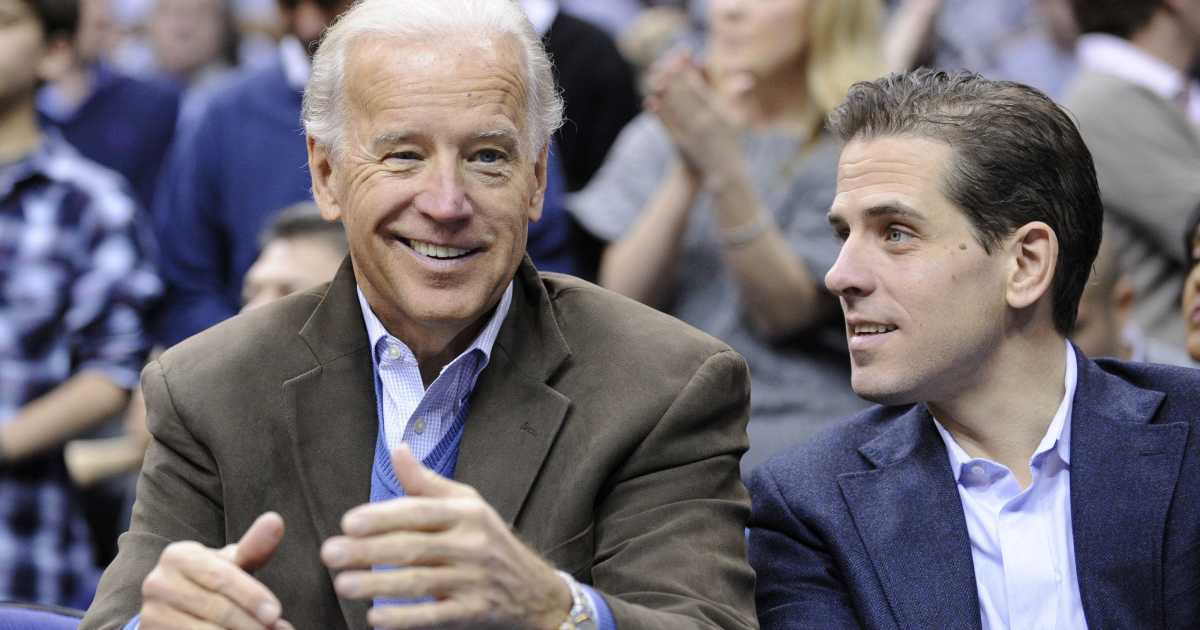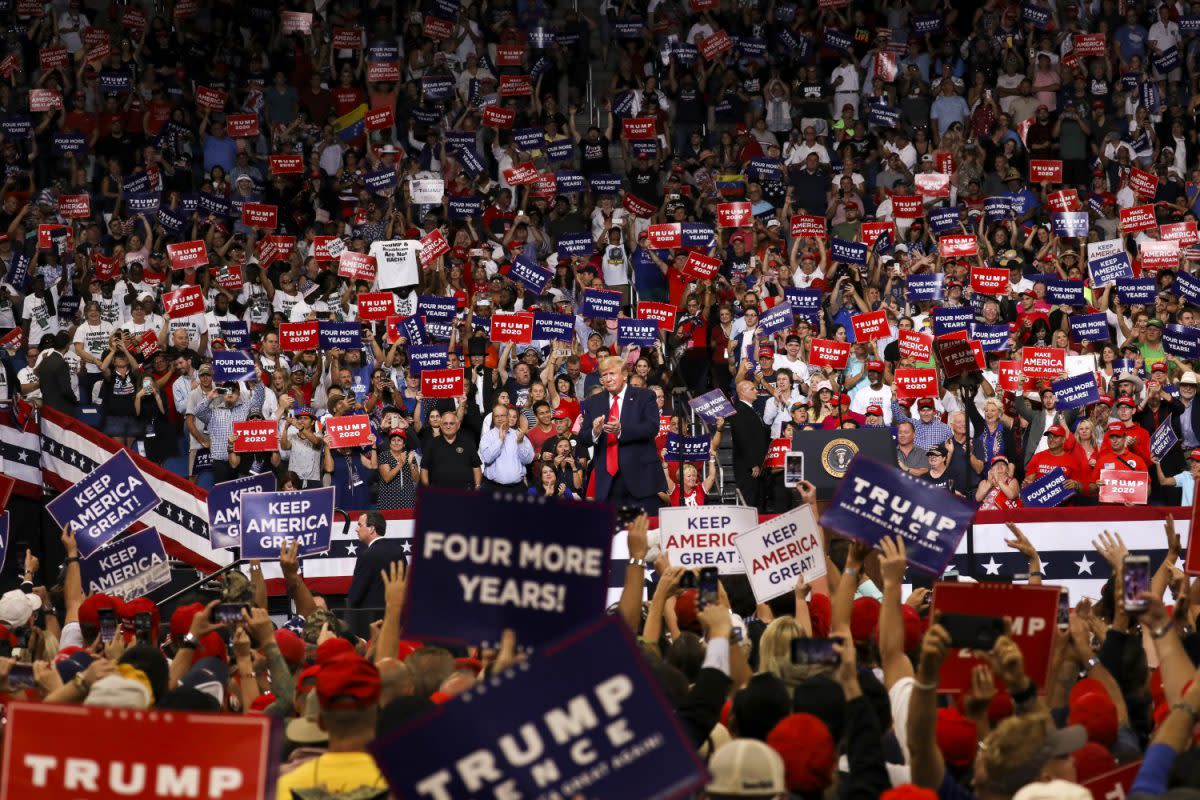The Surprising Success of Bernie Sanders: A Historical Perspective

The Liberal Counterinsurgency
A couple of months ago, I made an attempt to explain the historical roots of the successful campaign of Donald Trump. (A link to this essay is on the right.) In this blog, I will attempt to do the same with Bernie Sanders. Because even though this 74-year-old self-proclaimed democratic socialist is unlikely to win the Democratic nomination, he has done far better than expected.
Although many Sanders and Trump supporters would never admit that they have anything in common, both of these insurgent campaigns are capitalizing on similar frustrations. Many Americans are tired of Washington DC politicians failing to get anything of significance done. Large numbers of people are still feeling the pain created by the 2008 financial crisis, and they resent the fact that wealthy, well-connected individuals and corporations buy influence in Washington while average people get left behind. And as Americans struggle to find decent employment, jobs continue to be outsourced to foreign nations like China, a process (supposedly) sped along by foreign trade deals.
While Trump and Sanders have both complained about some of the same things, they have not, by and large, agreed on the solutions to average people’s problems. In addition to claiming that he will protect our country from the economic and security threats posed by illegal immigrants and Muslims, Trump has mostly offered up the solution of himself. With his business and deal making skills, he claims that he will negotiate better trade deals with foreign nations and create an environment more conducive to economic success. With his strange combination of nativism, economic protectionism, and zero political experience, Trump is hardly a conventional Republican.
Sanders, however, is a true liberal, a throwback in many ways to what the Democratic Party used to be. From the beginning of the New Deal era in the 1930s until the late 1960s, the Democratic Party was dominant in Washington. In an effort to dig out of the Great Depression, Franklin Roosevelt pushed through a program of business regulations, public works projects, and direct government aid, policies often funded by high taxes on the wealthy. He was also able to win four consecutive presidential elections through his ability to build a powerful Democratic coalition that still exists somewhat today. Twenty years later, under the leadership of Lyndon Johnson, this New Deal program of regulation and government aid was pushed even further with Medicare and Medicaid, education funding, environmental regulations, food stamps, and housing programs.
But even as Johnson was ramming the Great Society through congress, a conservative backlash was building against the growing size and scope of the federal government, culminating in the election of Ronald Reagan in 1980. Since Reagan came into office, liberal Democrats have largely been on the defensive, with Republicans controlling both the White House and Congress for the majority of the last 36 years. Democrats have managed to keep intact much of the New Deal and Great Society, but Republicans have had success chipping away at some of the welfare spending and business regulations. And with the exception of the brief window created by the financial crisis that gave President Obama a chance to pass the Affordable Care Act and Dodd Frank financial reform bill, Democrats have been unable to pass any major liberal reforms reminiscent of the Roosevelt and Johnson eras. The term liberal for many Americans has become an insult, causing many American liberals to relabel themselves as progressives.
After years of watching leaders like Bill Clinton and Barack Obama fail to push through a true liberal agenda, liberals grew tired of a Democratic establishment they viewed as pragmatic centrists at best and moderate Republicans at worst. Then, as if straight out of a time warp, Bernie Sanders swept into the presidential election pushing for a true progressive agenda: higher taxes on the wealthy to promote more income equality, single payer health care, free college education, and a breakup of the big banks and financial institutions. Here was a guy not apologizing for being a liberal, promoting once again a belief that the federal government could improve the lives of average people.
One of the ironies of the Sanders campaign is that a man seeking to become the oldest elected president in history receives his most passionate support from young people. It is not hard to see why. Younger Americans do not remember the problems of the 1960s and 1970s that led to the conservative backlash of the 1980s. They are not interested in fighting their parents and grandparents’ battles. Young people are also the least economically and politically powerful people in the country. In this new information age, a period in which a college degree is more vital to success than ever before, the price of going to college continues to skyrocket. As they reach the age where they can no longer get health insurance through their parents, young people worry about their ability, even in the age of Obamacare, to find affordable insurance. And as they leave college (often with a mountain of student loan debt) seeking good jobs, they have a sense that the system is rigged to the benefit of older, wealthier people who keep working in the best jobs for longer than ever before. For the first time in American history, young people today feel that their future standard of living will be lower than it was for their parents.
Bernie Sanders, by speaking to the anxieties of young people, is tapping into a potential political force that has been building for many years. Barack Obama also garnered the passionate support of many young people when he ran his insurgent campaign of 2008. Many young people, however, have been disappointed with the results. So now they think the time has come to elect a true believer, an unapologetic liberal who will go much further than politicians like the overly pragmatic Obama.
In addition to being successful with the youth vote and competing for the nomination with Hillary Clinton, Obama, like Sanders, capitalized on the public’s anger with Wall Street. Without the financial meltdown of 2008, Obama would not have won such a decisive victory or had as big of a congressional majority during his first two years. Eight years later, many people are still angry. While Trump has effectively demonized illegal immigrants and potential Muslim terrorists, Sanders has made Wall Street his primary bogeyman. And given that the (once bailed out) large financial institutions are as wealthy and powerful as ever while many Americans feel like they are treading water, it is easy to see why so many people cheer Sanders on when he attacks Wall Street.
Public animosity toward banks has a long and rich history in the United States. Many Americans in the 19th century, living through a transition from an agricultural to an industrial trade-based society, disliked banks because they didn’t understand them. Bankers somehow took money and turned it into more money, and they were likely screwing over the people who actually produced things in the process. This general animosity grew even stronger during the financial panics that occurred again and again in the 19th century, panics generally triggered by bank failures. And since the federal government did very little to regulate the banking system during the 19th and early 20th centuries, people couldn’t really blame the government for financial panics. So people generally took their anger out on the banks or on the companies that laid them off in the often brutal recessions that resulted from the panics.
The Federal Reserve System created in the early 1900s and the New Deal banking regulations of the 1930s were established in the wake of decades of banking crises. For fifty years after the New Deal, there were not any banking crises reminiscent of the 19th and early 20th centuries. Then, after some of these regulations were rolled back in the 1980s, a savings and loan crisis occurred that was a precursor of even worse things to come. When a shadow economy of exotic financial instruments based on home loans developed in the first decade of the 21st century, the house of cards eventually collapsed and the federal government implemented massive bailouts to prevent a total disaster. President Obama promised to rein Wall Street in, but from the start of his presidency, many liberals felt that he did not go far enough. The “too big to fail” banks were bigger than ever, and they quickly went back to making billions while average homeowners received little relief. Now Sanders, eight years after the crisis, is promising to do the job that he thinks Obama should have done by breaking up the big banks and bringing back fully the New Deal regulations that so effectively prevented banking crises for decades.
Sanders, of course, by spending decades in congress fighting for the democratic socialist cause, has made a large number of wealthy and powerful enemies. The Democratic establishment – which takes its fair share of donations from the financial sector – viewed Sanders from the start as being too far toward the liberal fringe to win a presidential election. Without the support of the party establishment and of wealthy donors, it would seem that his campaign was dead on arrival. But as both Sanders and Trump have shown this election, you don’t necessarily need the support of the establishment any more to run a national campaign.
Strangely enough, Bernie Sanders, an extreme liberal with strong support from low-income young people, has raised an enormous amount of money. He also has managed to amass an army of millions to go out and spread his message. Because in this new information age, anyone with a web site can create an easy way for large numbers of people to donate small amounts of money. And more importantly, anyone who posts a tweet, shares a link, makes a YouTube video, or writes a blog can essentially become a campaign worker on the World Wide Web. In the information age, the power to control information is being ripped out of the hands of the media giants who used to control the only means of getting information: television and radio stations, newspapers, and magazines. Now, anyone can get his or her message out, and no one in our society knows how to navigate the information age as well as the young people who are Sanders’ most ardent supporters.
The internet, however, as we have seen with the success of Trump, also tends to push people toward the ideological extremes. Instead of relying on news sources as Americans once did that tend to be politically moderate in order to appeal to the widest possible audience, individuals can find all over the internet web sites, Facebook pages, and bloggers who share and reinforce their viewpoints, no matter how extreme they may be. And when people who disagree confront each other on the internet, the “discussions” often turn ugly quickly because people online are less inhibited than when talking with people face to face. So when Trump and Sanders demonize the people on the other side, they find receptive audiences accustomed to this sort of language.
The liberal fringe is probably going to lose this time, but I suspect that they are not going away. This election, Hillary Clinton will likely try to win by presenting herself as not Donald Trump. Future Democratic candidates, however, will try to figure out how to appeal to a young, liberal audience while not alienating too many independents and moderates uncomfortable with excessive liberalism. Which way the party goes may ultimately be determined by whether or not young Sanders supporters continue fighting for his ideas when this election is over, by whether this is truly a political movement or more of a personality cult. Because as history shows, movements do not rise or fall because of one election. And if the losers of elections keep fighting long enough and hard enough, they will often achieve their goals in the long run.








